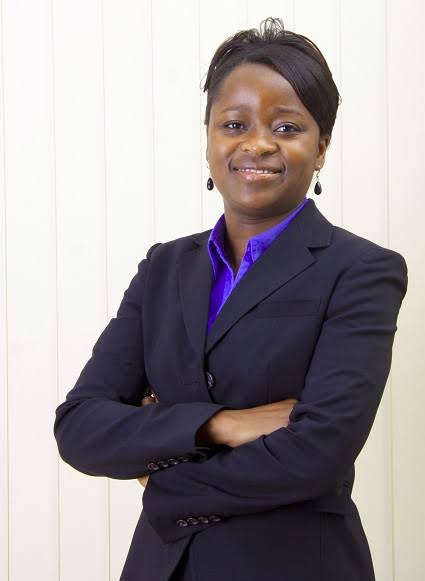How Startups Can Build Trust With Potential Investors Online
From job interviews to IPO roadshows, social distancing rules are affecting all aspects of doing business. A group of local investors on Wednesday gathered online to discuss one of them, a key moment in the life of a startup: When potential investors gather information about a new business, before potentially deciding to open their wallets.

Investors at some of the state’s largest venture capital firms — General Catalyst and F-Prime Capital Partners, both based in Cambridge — offered advice on strategies that can help impress investors in a conversation hosted by tech-focused co-working space Venture Lane and moderated by Ross Palley, general manager of Venture Lane Boston.
Due diligence — the process the venture capital industry uses to evaluate investment opportunities — usually involves questions to the management team, analysis of market potential, products and business model, customer calls, reference checks, and so on. What used to be completed over several in-person meetings has now transitioned over Zoom, a platform where it’s harder to build the necessary trust between founders and investors, according to the panelists.
“A lot of VCs, historically, like to know people over meals and drinks, and coming in and spending whiteboarding sessions,” said Gaurav Tuli, a partner at F-Prime Capital, during the event. “Those things are really, really difficult to replicate on Zoom, but that doesn’t mean that you still can’t build trust. You just have to do it in other ways.”
Here are three takeaways on how startup founders can maximize their chances to score investments, when most of the communications take place online:
Make sure team members share the vision.
Consistency in the vision for the business is a key signal investors look for, according to Tuli. As the due diligence process continues, investors will be likely to ask for meetings with many members of the team, not only with the founders, to evaluate their specific expertise. “So you meet someone from marketing, you want to hear that they are bringing their game to marketing and sales … but the first (thing we want to hear) is really, ‘We are all living and breathing the same message here,’” Tuli explained. With the pandemic, Tuli and Olivia Lew, investor at General Catalyst, say that meetings are shifting from groups to individual online conversations, but they agreed that the shift doesn’t really change what investors are looking for.
Don’t miss occasions to build trust.
“Most VCs are extroverts. We crave vulnerability, we crave discussion. The last thing we want to do is to flip through your slides,” Tuli said. That’s why it’s important to build trust with investors by demonstrating vulnerability, being open and honest, sharing about personal life — the same things that build trust that a person can work in the virtual world, according to Tuli. “If you start a meeting and you just jump right in to the pitch deck, you’re losing an opportunity for both sides to develop a relationship,” Tuli said.
Ramp up scenario planning.
Lew said that financial due diligence doesn’t necessarily become more robust because of the lack of in-person meetings, but the uncertainty of the environment inevitably impacts the financial plan of a company. “What we will dig into is the scenario planning that you’ve thought through, and what are your assumptions … and that level of detail is a little more in-depth,” she said.
Lucia Maffei writes for Boston Business Journal
Charles Rapulu Udoh

Charles Rapulu Udoh is a Lagos-based lawyer who has advised startups across Africa on issues such as startup funding (Venture Capital, Debt financing, private equity, angel investing etc), taxation, strategies, etc. He also has special focus on the protection of business or brands’ intellectual property rights ( such as trademark, patent or design) across Africa and other foreign jurisdictions.
He is well versed on issues of ESG (sustainability), media and entertainment law, corporate finance and governance.
He is also an award-winning writer.






























